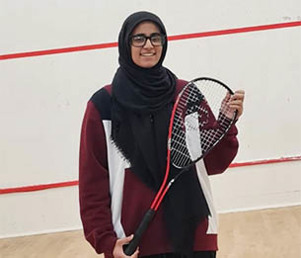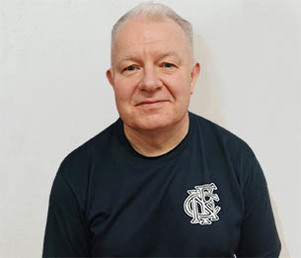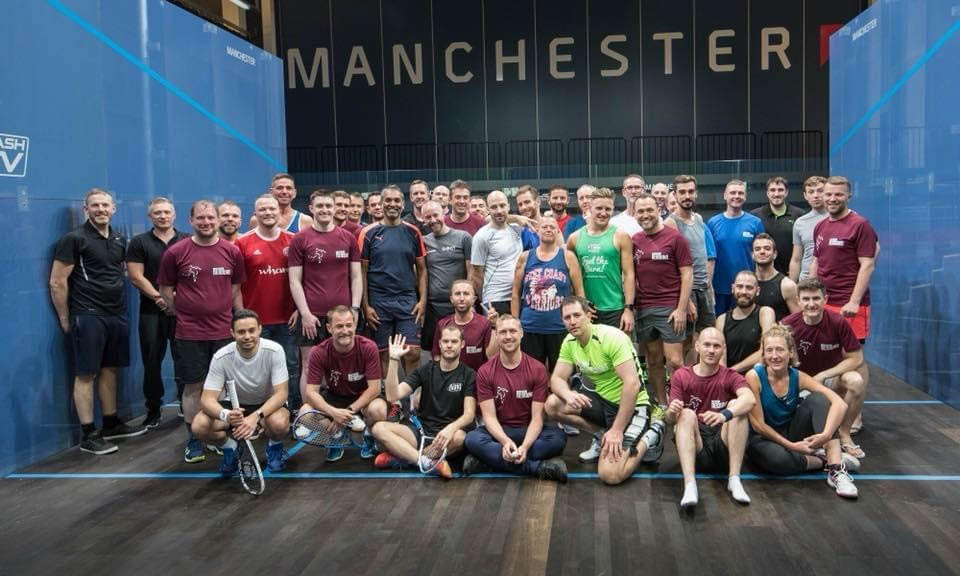
To mark Pride Month, Martin Cooper at LGBT+ sports club Northern Rebound shares his top tips for making your club a more enjoyable, safer space for all players.
Every June marks the opportunity for millions of people around the world to crack open their stash of glitter, raise their ever-developing rainbow flags and tell other people around the world that they support them and love them, whoever and wherever they are. That’s because June is international LGBT+ Pride month, as I’m quite sure you’ve noticed!
Well, the facts are, people who identify as LGBT+ are still treated differently by lots of people, all over the world.
For many LGBT+ people they are rejected by their loved ones and cast out by their social groups and as a result find it extremely difficult to make new bonds, new friendships and include themselves into larger groups. They frequently suffer with mental health and wellbeing issues and this can lead to some poor life choices, addictive behaviour, isolation, self harm… the list goes on.
So what differences can we make for our LGBT+ sisters, brothers and others to make them feel more included, accepted and confident to come and play squash at your club? Well, here’s a few of my top tips to think about and hopefully put into practice to make your club a more enjoyable, safer space for all players.
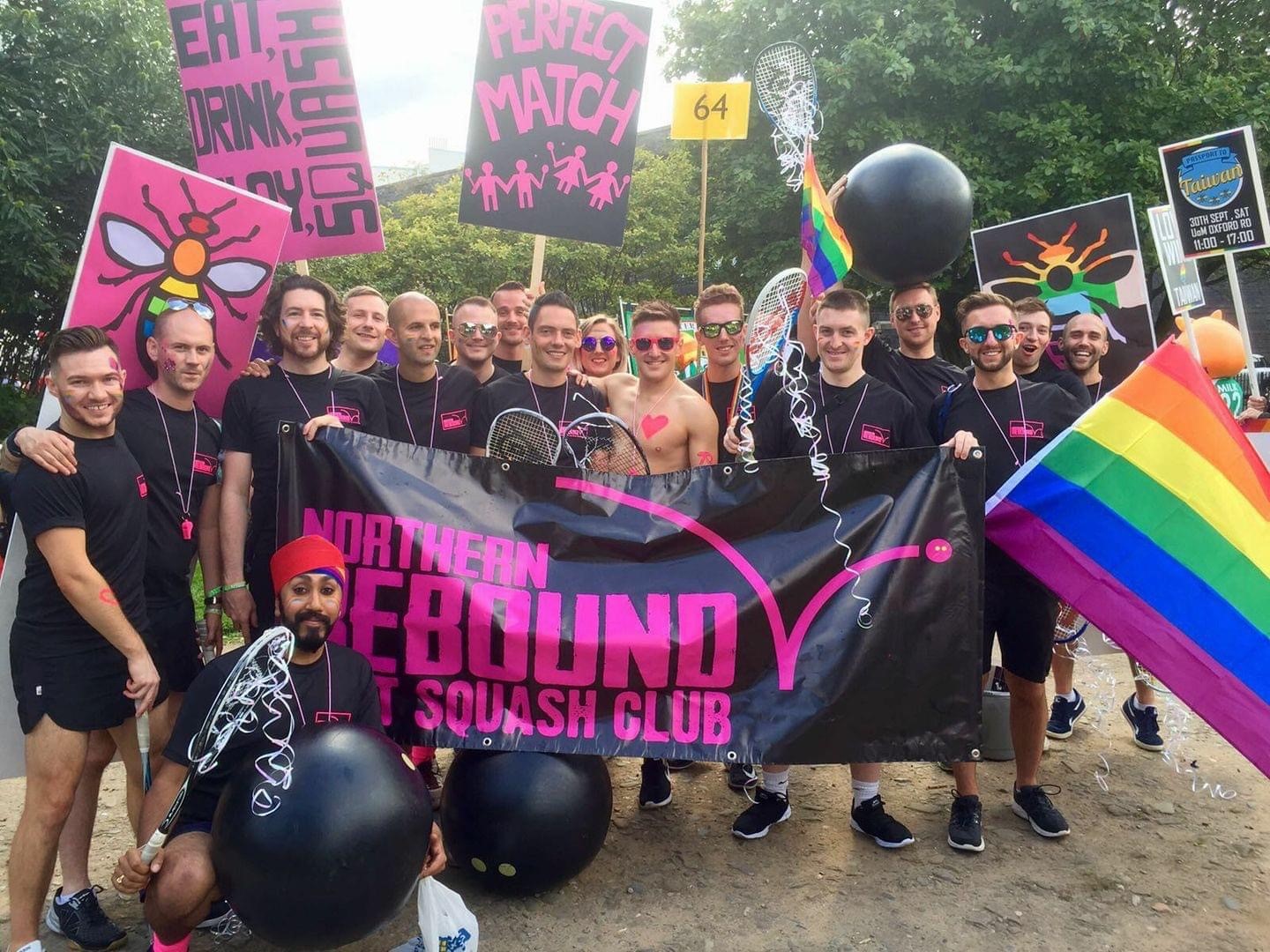
1. Basic behaviour
Sports clubs are competitive environments, and often emotions run very high. It’s easy for people to lose their temper, behave in ways they wouldn’t do normally and use language they might not usually. It’s also a place where the ‘banter’ might be at its highest and again, people may use words or phrases they might not use in a regular situation.
It’s always worth remembering that words cut extremely deep and explosive actions can be frightening to people with poor mental health (the rate of which is disproportionately higher in LGBT+ people), so keeping your players and coaches in check with behaviour, calling out and explaining why some language isn’t acceptable and generally instilling a kind, polite atmosphere is a really positive step to make your club a much more welcoming environment.
This is especially important in authority figures like staff and coaches. Additional training is always available for better awareness of equality and diversity.
2. Facilities
Does your club offer a third changing facility for people who neither identify as male or female? Are there more private changing areas for those who don’t feel comfortable changing in a communal environment? And if not, what alternatives can you offer?
I’m not saying you have to break out the demolishing ball and start re-plumbing your sports club, but perhaps on your website you should stress that ‘only male or female identity changing facilities are offered, and these are open plan style’ so that people who are wary of these environments can make other arrangements.
3. Safe spaces
Be ahead of the game by declaring your club as a ‘safe-space’ in your promotional material. There’s absolutely no harm in having a disclaimer somewhere on your website that states you actively discourage any discrimination of any type, whether this is against people of different race, gender identity, sexual identity, ability, age or social background. Everyone is welcome here. If you say it before the question is asked, it makes for a much more welcoming ethos.
Language can also be important. Think about pronoun use, as some people don’t identify as male or female, so they/them pronouns may be relevant.
4. Openness and willingness to listen and learn
If you have someone who attends your club who you know identifies as LGBT+, why not make a particular effort to engage with them and find out what they might do to make the club a more welcoming space for people? Perhaps they have an idea but they’re too shy to mention it, or they just think it’s not their place to say.
If you have a committee, include an Equality and Diversity Officer and make sure they are able to report into any meetings. From experience, there is often little to report, but it’s about being willing to hear the voices and open to making changes, and the confidence that instils in the rest of the club and potential members.
5. Be our friends!
If you honestly, truly support LGBT+ equality and want to see a world in which people of varying sexual and gender identities are treated just the same as everybody else, we would absolutely love you to join us in our fight for equality. You don’t have to be LGBT+ to support our community, just like you don’t have to be BAME to support Black Lives Matter, or identify as a woman to be a feminist. Pride events happen all over the country, often now in smaller towns and villages too, so why not enter into the parade to show your support as a club? I absolutely promise you’ll have a ball!
Find out more about England's Squash Inclusion and Diversity Policy









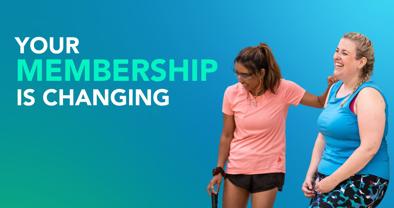
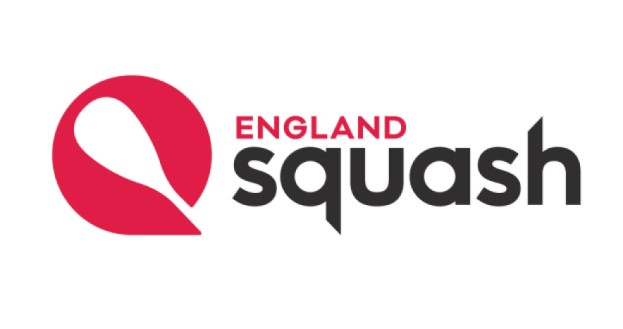

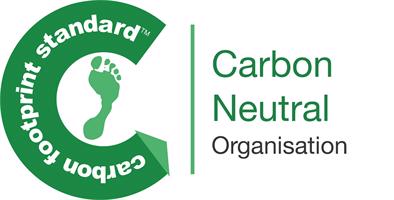
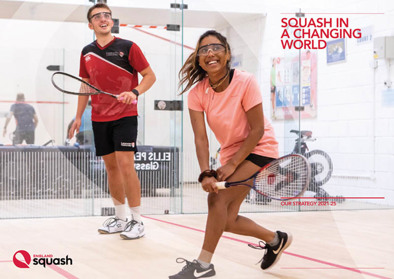
 Back
Back
